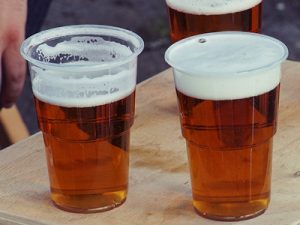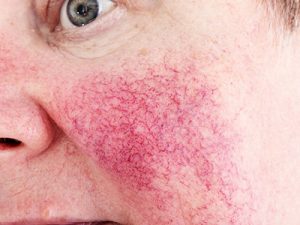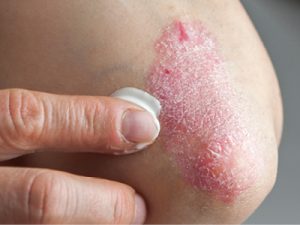15 Mar The Harmful Effects of Alcohol on your Skin
Have you ever noticed that if you apply an alcohol rich toner to your skin it can irritate and sting enough to make your eyes water? Well drinking alcohol can also have a negative impact on your complexion. There’s an expression that ‘you are what you eat’ however, when when it comes to achieving healthy skin, you are also what you drink.
 Drink and Dehydration
Drink and Dehydration
Alcohol is a diuretic; it promotes the increased production of urine, so, although you may be drinking plenty of fluid in your wine or beer, the alcohol is causing more fluid to leave your body. That’s because alcohol reduces the secretion of anti-diuretic hormone (ADH) by the pituitary gland in the brain. ADH signals your kidneys to reabsorb water into the body, so when levels of ADH are lower, you will pass more urine. This basically means that alcohol has the effect of dehydrating your body and also your skin.
When skin is lacking in moisture, it appears less fresh, plump and pliable. Dry skin may also be at increased risk of xerosis and eczema flare-ups. It is best to avoid dehydration caused by drinking alcohol, particularly if you’re prone to dry skin conditions.
 Alcohol and Rosacea
Alcohol and Rosacea
Alcohol causes the blood vessels on the surface of the skin to dilate, which can cause skin redness and thread veins. Alcohol is a common trigger for rosacea, a skin condition that frequently starts with blushing and flushing and can eventually manifest into persistent redness, pimples, pustules and even facial disfigurement.
Research suggests that women who drink alcohol are at higher risk of developing rosacea. The risk rises with the amount of alcohol drunk, with white wine or spirits being more likely to trigger the disorder. In the past, people have joked about ‘drinkers’ noses’ and the red, bumpy, bulbous nose of advanced rosacea may be worsened by the vasodilation effect of alcohol, although no direct causal link has yet been established.
 Alcohol and Psoriasis
Alcohol and Psoriasis
The rash of psoriasis can fade and flare-up in response to triggers inside the person, such as hormone imbalances, or in the environment. Experts believe that excessive alcohol consumption can trigger a flare-up of the psoriatic plaques, especially in men.
Dermatologists have observed that in heavy drinkers, the rash appears to affect the fingers and the backs of the hands, a symptom that is also present in HIV infected patients. As a result of this it has been hypothesised that alcohol may alter immune function in people with psoriasis.
 Alcohol and Acne
Alcohol and Acne
It can be tricky to follow a careful skin routine when you’ve had a few drinks, but it’s not just forgetting to take your make-up off that will make you prone to spots. Alcohol may alter your hormone levels, increasing the likelihood of break-outs. It has also been postulated that alcohol coming out in your sweat could feed the acne bacteria. That, combined with the fact that cocktails and mixers are often full of sugar, which can trigger acne attacks, it’s easy to see how lots of nights out could leave your complexion looking less than perfect.
Research suggesting a link between alcohol and acne is varied, however, there are some studies which have shown that there is a higher incidence of acne in people who drink alcohol.
With all the potential pitfalls, does that mean that you should step straight onto the wagon? No, alcohol may not be the safest option for your skin and your body, however there are ways of enjoying the odd tipple and minimising the risk:
- Be Drink Aware, keep your alcohol levels to less than 14 units a week.
- Don’t drink alcohol on an empty stomach.
- Stay well-hydrated by diluting your drinks and drinking plenty of water.
- Avoid sweet mixers, cocktails and liqueurs, choose soda or water to dilute your drink.
- If you’ve had a few drinks, or you’re planning a party, be kind to your skin. Apply an emollient like AproDerm® to soothe, protect and moisturise your skin. Apply it liberally and frequently to reduce dryness, soften your skin and prevent dry skin conditions like eczema and xerosis flaring up.



Sorry, the comment form is closed at this time.